
Vivaldi browser now available for Raspberry Pi and other ARM based Linux devices
Vivaldi, the new web browser from Jon S. von Tetzchner, the former co-founder of Opera, is already available for Windows, macOS and Linux (x86/x86_64), but from today you can now run it on ARM based Linux devices, including Raspberry Pi.
The speedy browser offers useful built-in functionality such as tab grouping, screenshot capture, and ability to take notes. Part of Vivaldi’s appeal is it’s highly customizable, and the experimental new build offers even more options for tinkerers.
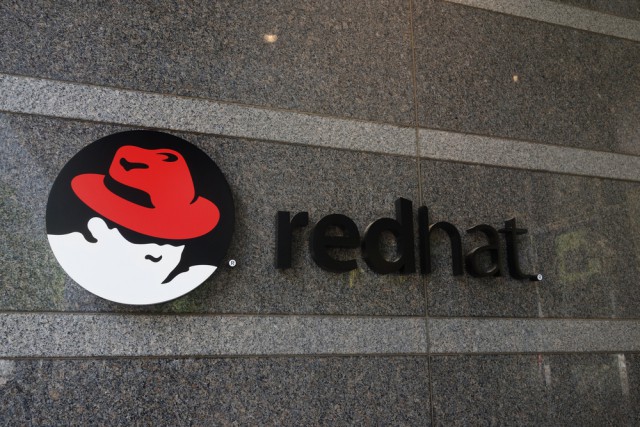
Red Hat Enterprise Linux gets ARM server support
While ARM has been slowly making inroads in the server market, it still has a long way to go before it can truly challenge the x86 architecture. Today, it makes a big step in the right direction thanks to Red Hat.
The enterprise open-source company has officially added ARM support to its Red Hat Enterprise Linux (also known as RHEL) server distribution, after two years of testing with partners like Qualcomm.

Arm announces Internet of Things security platform
As the adoption of Internet of Things (IoT) and other connected devices increases and is projected to reach over 50 billion by 2020, Arm has unveiled a new systems architecture aimed at securing and protecting these devices from being exploited by cyber attackers.
The British semiconductor firm unveiled its new Platform Security Architecture (PSA) which is designed to serve as a common industry framework for developers and hardware manufacturers to increase the security of devices built on its system-on-a-chip (SoC) Cortex processors.
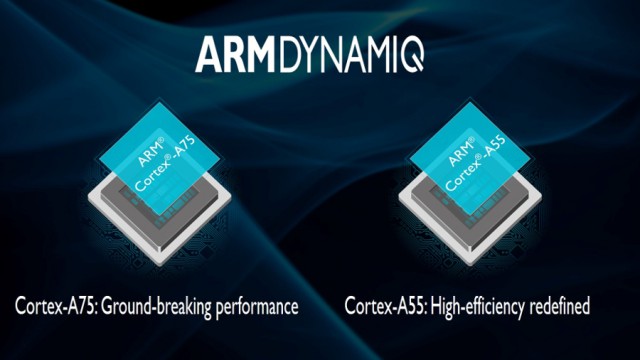
ARM unveils high-performance Cortex A75 and energy-efficient A55 chips
ARM has revealed its latest series of mobile processors, promising its most advanced performance yet.
The company has unveiled its new Cortex-A55 and Cortex-A75 chips, which will make smartphones and other mobile devices smarter, more powerful, and longer lasting when they begin appearing in devices from next year.
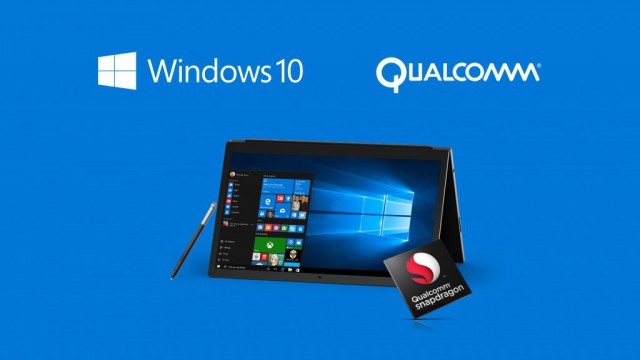
The first Windows 10 ARM devices will come from ASUS, HP, and Lenovo
Microsoft and Qualcomm announced late last year that Windows 10 will be available on ARM-based Snapdragon devices. And, unlike with Windows RT, this time around x86 programs are welcome, giving users the ability to run full-blown software like Office 2016 and Adobe Photoshop CC.
And now Microsoft and Qualcomm have provided an update on the project, announcing the hardware partners that will release ARM devices with Windows 10 and the sort of benefits that users can expect to receive from the "Always Connected PCs" that will arrive.
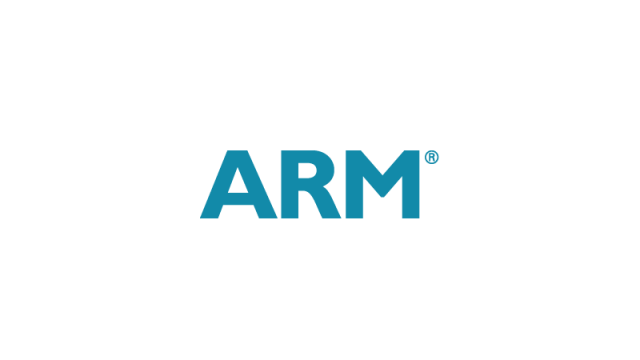
ARM introduces new architecture for artificial intelligence and machine learning
ARM, the Cambridge-based microprocessor company has just announced a new processor architecture that it promises will give a significant boost to artificial intelligence and machine learning technology.
The new technology, announced this Tuesday, is called DynamIQ and ARM describes it as "probably the biggest micro-architectural shift since ARM announced 64-bit ARMv8-A in 2011." This "monumental shift in multicore microarchitecture" is not the processor itself -- new Cortex-A processors will be built by ARM’s partners, both of which will be announced later this year.
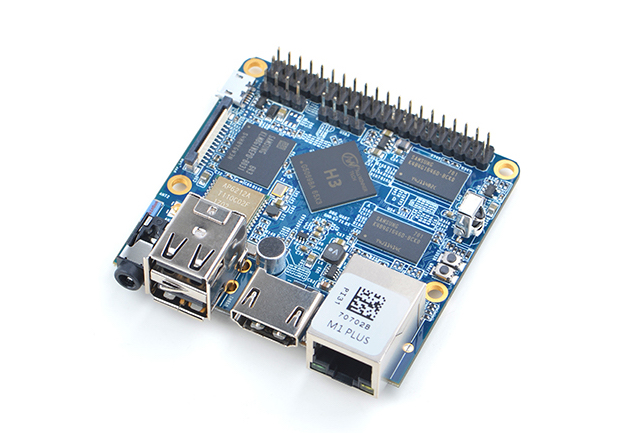
FriendlyElec releases Ubuntu Linux-ready NanoPi M1 Plus -- a $30 Raspberry Pi killer
The Raspberry Pi line of mini computers -- including the all-new Pi Zero W -- are wonderful devices for what they are. Quite frankly, they have inspired many young people to learn about programming, while helping makers to create some really cool projects. With that said, the Pi computers are not the only System on a Chip solutions on the market. Actually, there are more powerful ARM-based offerings available. The problem? They are often radically more expensive than Raspberry Pi.
However, there is a new Raspberry Pi competitor that is quite affordable. In fact, some folks may view it as a Pi-killer. The $30 FriendlyElec NanoPi M1 Plus has an arguably superior design and layout, plus important integrated features like Wi-Fi and Bluetooth. It even has an IR receiver, onboard microphone, 8GB storage, and both power and reset buttons. Best of all? It is ready to run Debian, Ubuntu Core, and Ubuntu Mate from the start.
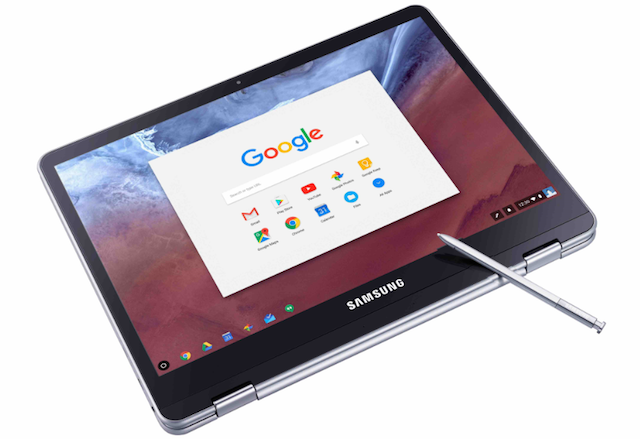
Samsung Chromebook Pro and Plus laptops run Android apps and come with digital pen
Chrome OS is a very polarizing Linux distribution. While some people very wrongly call the operating system nothing other than a glorified web browser, in reality, it is actually very secure and capable. Many home users do all of their computing in a web browser nowadays, making Google's desktop OS an excellent choice.
Laptops running the Linux-based OS are called "Chromebooks". For many consumers, these computers are attractive for no other reason than cost -- they incorrectly think the platform is all about being inexpensive and low quality. Unfortunately, many manufacturers perpetuate that stereotype. As Google's wildly expensive Chromebook Pixel showed, however, Chrome OS devices can be elegant. Today, Samsung is taking aim at elegance with the all-new Chromebook Pro and Plus.

How will ARM support impact Windows 10?
Microsoft can be surprising at times. After ditching Windows RT, the software giant has announced that it is working with Qualcomm to bring ARM support to Windows 10. In practice, that means that we will see Snapdragon-powered machines running Microsoft's latest operating system which, and this is key, can run proper x86 software.
Windows RT did not have that, as it was limited to apps available from Windows Store. And we all know how that worked out. However, x86 software on Snapdragon-powered Windows 10 devices can be seen as a game-changer as, in theory, it could pave the way to running resource-intensive programs, like Adobe Photoshop, on smartphones. And I am talking about the true Photoshop, not some dumbed-down mobile version. That could be huge, no doubt.
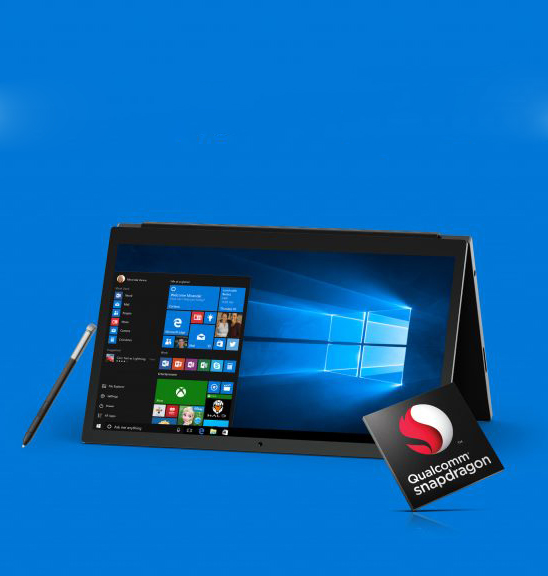
Windows 10 coming to ARM -- paving the way for always connected, more power-efficient PCs
There’s a fair amount of news coming out of the Windows Hardware Engineering Community event (WinHEC) in Shenzhen, China at the moment, but potentially the most exciting announcement is that Windows 10 is coming to ARM.
A partnership with Qualcomm means that we’ll soon see a range of Snapdragon-powered Windows 10 PCs with integrated cellular connectivity that run x86 Win32 and universal Windows apps.
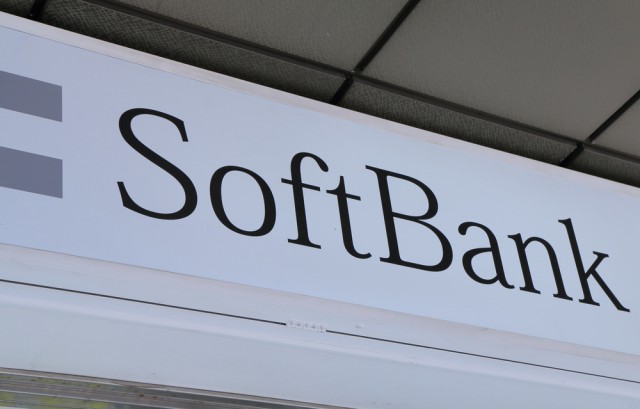
SoftBank completes $31.4 billion ARM acquisition
In July, SoftBank revealed its plan to acquire the British chip designer ARM Holdings for $31.4 billion and now, less than two months later, the company has announced that the acquisition is officially complete.
The Japanese telecom company has been expanding its company lately through a series of acquisitions and investments, including purchasing Sprint for $20 billion and investing $15 billion into the Japanese division of Vodafone.

Why SoftBank is paying $32 billion for ARM Holdings
SoftBank is buying ARM Holdings for $32 billion. Why would a company not presently in the semiconductor business spend 32 times sales to enter a new industry? By traditional measures it makes little sense. But for SoftBank it makes perfect sense, because here’s a company that has spent more than 30 years making high-risk bets on entering new businesses by apparently over-paying for assets. It’s the way they’ve always done it and it has nearly always worked. In this case SoftBank is paying a 43 percent premium over the recent ARM share price because that’s how much money it took to overcome the resistance of ARM management. And it’s just a guess on my part, but I’d say those very ARM managers are, for the most part, doomed. SoftBank isn’t buying ARM because Masayoshi Son is so impressed with ARM’s success: SoftBank is buying ARM because of what it can become.
The only way SoftBank can justify paying such a high price for ARM is if Mr. Son is about to change ARM’s business model.

In the wake of UK Brexit vote, ARM Holdings is to be bought by Softbank for $32 billion
The technology industry in the UK was rocked by the historic Brexit vote in the referendum about membership of the EU just a few weeks ago. Concerns were voiced that tech companies would scramble to leave the UK, and with Japan's Softbank Group due to buy UK chip-maker ARM Holdings for $32 billion (£24 billion), this could just be the start of things.
ARM chips are found in mobile devices produced by Apple and Samsung, and more recently it has branched out into the Internet of Things. But while some will be unhappy with the change of ownership, Softbank says that it will not only remain headquartered in Cambridge, UK, but will look to at least double its UK workforce.

ARM buys imaging company Apical
British chip maker ARM has announced that it has acquired Apical, an imaging and embedded computer vision company. The deal, worth $350 million in cash, was closed on Tuesday, May 17, the company said.
Apical’s products are used in smartphones everywhere (1.5 billion, according to ARM), and in 300 million other devices, all over the world, including IP cameras, digital cameras and tablets.
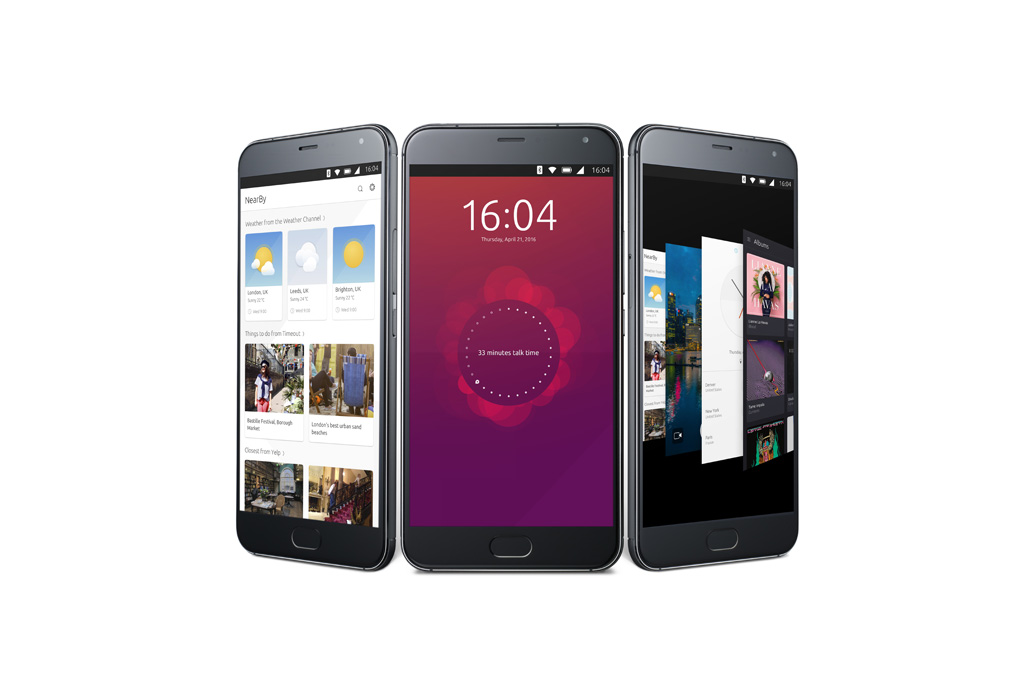
Canonical announces premium Linux-powered Meizu PRO 5 Ubuntu Edition smartphone
While I love iOS when it comes to mobile devices, Linux is my true love on the desktop. Android used to be my choice for mobile, but I jumped ship due to scary exploits and untimely (or nonexistent) OS updates. Linux should be synonymous with security, but Google's mobile OS has tainted that, sending me into Apple's loving arms.
Luckily, Google is not the only Linux player with mobile -- Canonical is still moving ahead with Ubuntu. True, it is a long shot to ever meet or exceed iOS or Android in market share, but fans of Linux and other open source software should pay attention. Today, Canonical announces the Meizu PRO 5 Ubuntu Edition -- a premium and luxurious smartphone.
